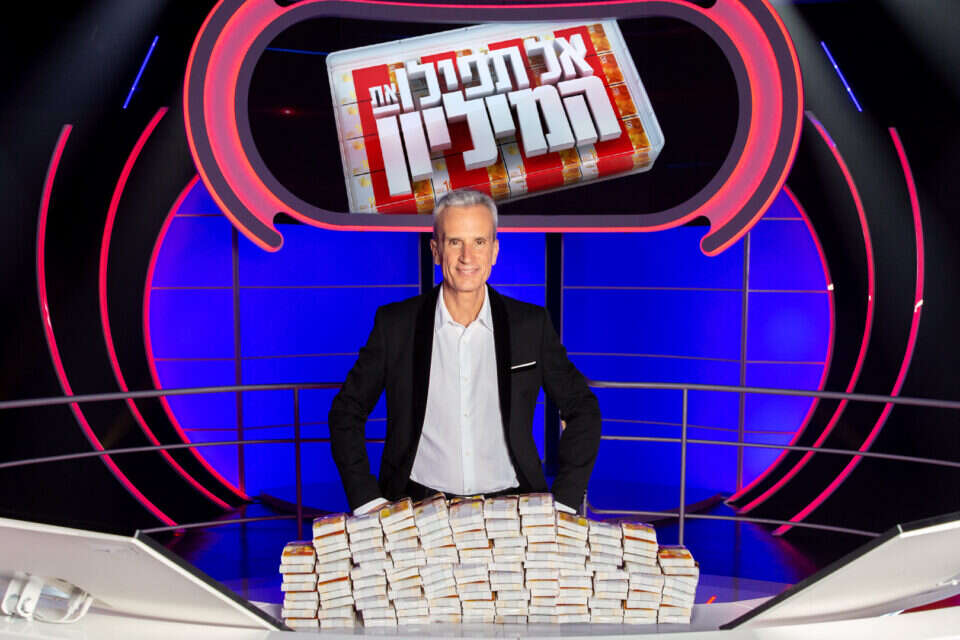Richard Osman is not a well-known name in Israel, but in Britain he is known in every household: he created a game show, hosted two more and appeared on other comedy game shows – and behind the scenes he is signed to quite a few other shows, including "Whose Line Is That?". He recently began co-hosting a podcast called "The Rest is Entertainment" with Guardian journalist Marina Hyde, which explores the lines between what's shown in the media and what's really happening – and in last week's episode, he revealed the truth about award-winning game shows. We used Perplexity to tell the story.
As part of the option to send questions to presenters, a man named Dvir Odin asked whether the questions on daytime game shows were manually selected to ensure that almost no participant received a prize, or whether they were randomly selected.
Osman's answer was very intriguing: while he said that no one manually selects tricky questions, different formats have ways to control prize payments using algorithms. The reason – and this is no less surprising – is not a reluctance to hand out prizes, but budgetary considerations.
Osman cited as an example the game show Don't Drop the Million, which aired on Channel 4 for the entire previous decade and was hosted by Devina McCall (who also hosted "The Vault") – and was a prime-time program, with a larger budget than "light" game shows broadcast at lunchtime. He revealed that although the programme promised a substantial reward of up to £35 million, its budget allowed for an average payment of only £000,40 to £000,<> per programme.
Revealing the truth behind daytime quizzes 👀 pic.twitter.com/xjRBGNFAJr
— The Rest Is Entertainment (@restisents) January 11, 2024
According to Osman, already in the first show filmed, the pair managed to reach the final question with half a million pounds on the table – which worried the production team, as the season was supposed to last 12 shows, and half a million pounds would empty the prize box office for the remaining 11 episodes. Luckily, the couple put all the money on the wrong answer, and left with nothing—"It was horrible for them, but it totally saved the show," he admitted.
Osman's story provides a revealing look at the complex reality behind game shows that promise huge prizes. It emphasizes the financial considerations underlying the formats and the attempt to balance the presentation of huge prizes with the actual distribution of much smaller prizes.
Wrong? We'll fix it! If you find a mistake in the article, please share with us

